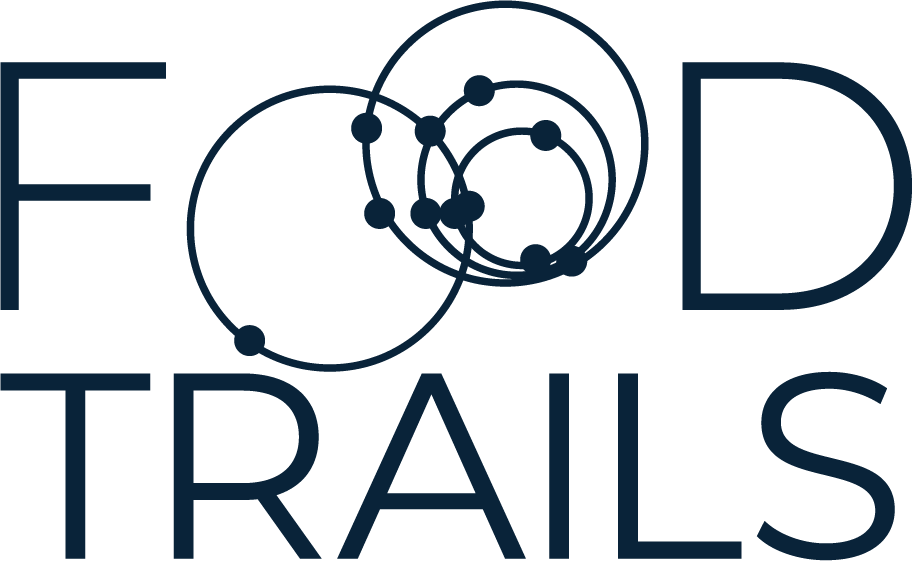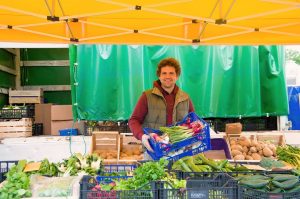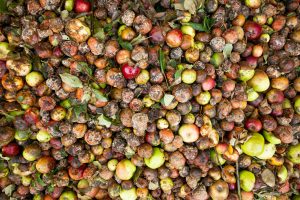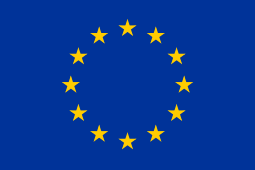Exploring Urban Food Challenges with Food Trails’ Crosscutting Managers
Welcome to the initial articles of our colunm dedicated to raising awareness and understanding of the primary challenges related to sustainable urban food systems transformation.
We will examine these challenges through the lens of the 4 pillars of the EU Food 2030 strategy, leveraging the expertise of the Food Trails vertical expert on this topics, the Crosscutting Managers (CCMs).
Our exploration kicks off with an insightful piece by Shaleen Meelu, CCM specializing in the Nutrition pillar.
Table of Contents
In the book ‘Can’t we just print more money?’ the authors Rupal Patel and Jack Meaning explore ‘Economics in Ten Simple Questions’, offering simple explanations for the complexities of economic phenomena. The penultimate question, ‘Why did no one see the crash coming?’, emphasises the enduring impact of economic crises on the health and wellbeing of societies. The fallout from such crises reverberates for decades, exacerbating income inequality and widespread poverty. Between 2009 and 2010, the wealthiest 1 percent witnessed a notable income rise, while the remaining 99 percent experienced stagnant incomes. Moreover, the health implications of economic downturns are dire, with increases in suicide rates, heart attacks, strokes and mental health service needs observed during recessions [1].
A decade later, the world confronted the COVID-19 pandemic, followed by the cost of living crisis including food and energy price inflation compounded by conflict and climate change. Constant reports of food insecurity now appear in the media of developed nations. However, it is important to recognise that this predicament is not solely a consequence of global events but rather a culmination of decades of policy oversight regarding health impacts [2]. In the UK for example, austerity policies have been consistently linked to food insecurity and the rise in food banks prior to the pandemic and war in Ukraine [3].
Policymakers must reckon with the repercussions of recession and austerity coupled to continued global crisis on food insecurity (both conflict and climate) while devising strategies to address budget deficits. Supporting citizens to access nutritious food demands a change in mindset for sustained and comprehensive solutions. There needs to be an acknowledgement that temporary and ad-hoc approaches are inadequate in mitigating entrenched economic disparities and their adverse effects on public health.
In this article, we explore the proactive initiatives undertaken by remarkable individuals, organisations and cities to guarantee access to healthy, nutritious food for all citizens through the implementation of long-term solutions.
Current Statistics: A Snapshot of Nutrition and Health Inequalities in the EU
In the European Union, over 95.3 million people, comprising 22% of the population, face the grim reality of poverty or social exclusion [4]. This dire situation contributes to diet related health disparities, as evidenced by the alarming rates of adult overweight and obesity, affecting 52.7% of the EU’s adult population (2019) [5]. The World Health Organisation recently reported that 1 in 3 children in Europe are living with overweight and obesity and in some countries this is increasing (2022) [6] . Furthermore, 8.3% of the EU population struggles with food insecurity, unable to afford a meal containing protein every second day [7].
Such financial hardships not only jeopardise mental and physical health but also contribute to the prevalence of non-communicable diseases like diabetes, affecting approximately 60 million individuals [8]. The economic burden of managing these health conditions is staggering, with costs amounting to billions [9]. Amidst these challenges, the exact extent of reliance on food banks remains unknown, signalling a gap in understanding the depth of economic distress faced by many EU citizens.
Countries in Europe are being warned to prepare for slow growth, focus on reducing inflation and avoid non-critical spending [10]. However, these statistics underscore the urgent need for comprehensive economic policies that prioritise equitable access to resources, addressing the root causes of poverty, food insecurity and drivers of health inequality. Addressing food security is essential for promoting social stability, improving public health and fostering long-term economic prosperity, especially in times of economic uncertainty and increasing inequalities.
As vital as statistics are in explaining economic challenges, there is a prevailing reluctance to rely solely on numbers. Amongst Food Trails’ cities local government politicians, in particular, have expressed weariness with statistics and a preference for narratives, real-life examples and lived experiences. They argue that stories resonate more deeply with the public and are more likely to prompt action. Despite this sentiment, statistics remain invaluable in understanding the scope and economic impact of dietary inequality and cities need support in accessing data about the nutrition status of their populations.
While narratives provide the emotional resonance and context necessary to engage the public and policymakers, statistics offer quantitative evidence and insight into the scale of the issue. Together, they form a powerful tool for advocacy and action, illuminating the urgency of addressing socio-economic challenges through enabling healthier, sustainable food systems. Effective advocacy often requires collaboration and coordination amongst influential people, the public, politicians, activists and respected professionals. This is where cities invested in shaping local food policy play a key role, serving as crucial catalysts for change in building healthier and more sustainable food systems, communities and economies.

Paris – The Shared Kitchen Project at Le Palais de la Femme.
Measuring Food Insecurity and Diet Quality
Key to addressing gaps in data to ensure food security remains on the ‘critical’ list is not only measuring food insecurity but the quality of diet within a population. In 2014, the UN’s Food and Agricultural Organisation launched FIES – the Food Insecurity Experience Scale, to support countries to collect and share data frequently. Most European countries do not currently include FIES in national surveys. However, independent organisations and academic institutions are conducting research using this methodology due to increased food bank use and are reporting sustained increases in food insecurity.
Perhaps the most exciting nutrition related data project to have emerged in the past couple of years is the Global Diet Quality Project. This project collects dietary quality data in the general adult population across the world and provides tools for diet quality monitoring within countries. The project therefore enables the collection of comparable dietary data across countries for the first time. So far, a handful of European countries have been included in the project. More countries/cities have the potential to join in collecting data, facilitating the development of national and sub-national diet quality profiles. These profiles serve as the foundation for developing targeted food policies and programmes. They also tackle assumptions about the way people are eating. As this data becomes available, policymakers may find motivation in comparing cities to drive improvements in diet quality.
Additionally, organisations dedicated to supporting the most vulnerable groups can use this information to enhance the nutritional quality of their food programmes. This is relevant because recent research shows that the nutritional quality of food parcels provided by food banks often falls short of national nutritional recommendations [11]. This is due to the limited availability of food options, both in terms of quantity and variety, exacerbated by the lack of clear nutritional guidelines within food bank protocols.
Nourishing Communities Through Economic Hardship – Lessons from Around the World
Some of the most inspiring examples of community-led food programmes are spearheaded by community organisers, activists and masters in navigating bureaucratic obstacles. Despite the absence of comprehensive data and limited support from decision-makers, some city authorities have taken proactive steps to combat food insecurity. In the following sections, we spotlight innovative initiatives aimed at providing marginalised, vulnerable and the ‘working poor’ with access to nutritious food aid. These initiatives prioritise restoring dignity, empowering individuals with choices that include healthier and sustainable food options as well as addressing the broader impact of economic crises including housing and the cost of living crisis.


Paris – The Shared Kitchen Project at Le Palais de la Femme.
Food Security in Urban Social Housing
In some of the wealthiest cities in the world, the housing crisis has made challenges related to food access worse. In Paris, a hostel catering to vulnerable populations, including the elderly and single mothers, opened its kitchen to residents and the wider community. In a EUROCITIES article, Myriam Lortal, Head of the Department of Inclusion in the City of Paris, highlighted the struggle faced by families accommodated in hostels, where limited cooking facilities force reliance on expensive, pre-packaged meals lacking in nutritional value. To address this issue, the city funded the provision of fresh fruits and vegetables to promote access to nutritious food.
Meanwhile, in San Francisco, the Booker T. Washington Community Service Centre’s ‘Service to Soul‘ initiative stands as a beacon of food justice. This pioneering programme hosts a weekly farmer’s market at the heart of the community centre, offering nourishing, prepared meals and fresh, organic produce from BIPOC farmers to predominantly African American residents residing within the housing complex or the surrounding neighbourhood. Notably, all produce is of the highest quality and provided free of charge. The initiative has gained widespread acclaim and the founder organised a ‘Food Justice Summit,’ drawing participation from cities across the United States.
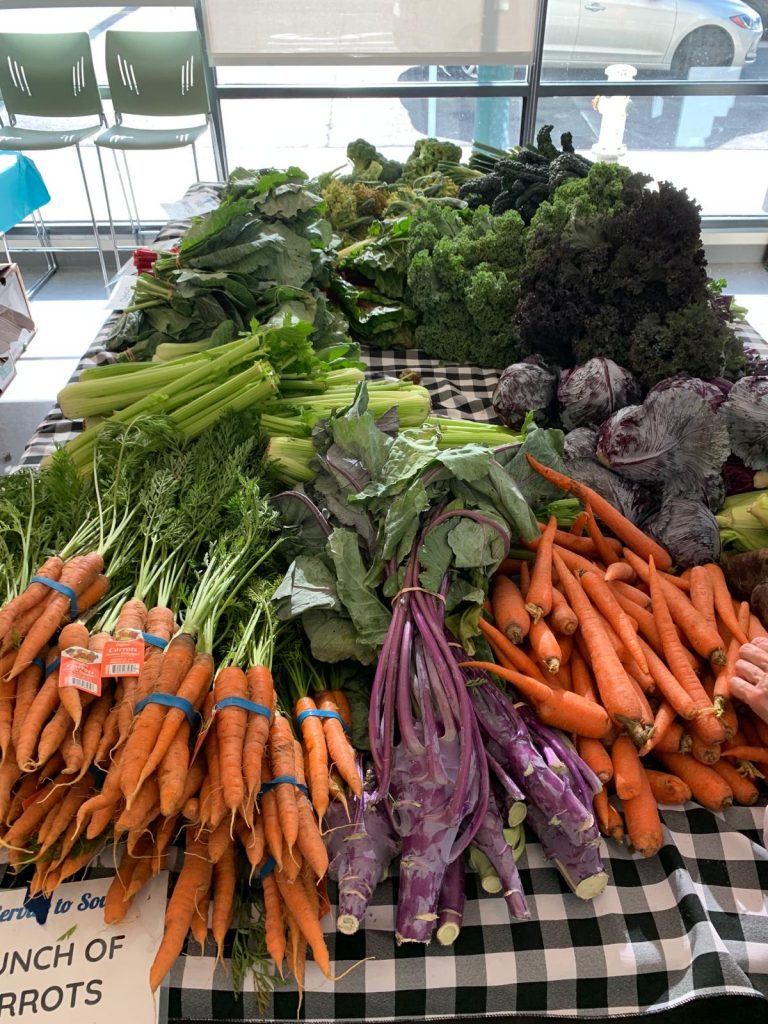
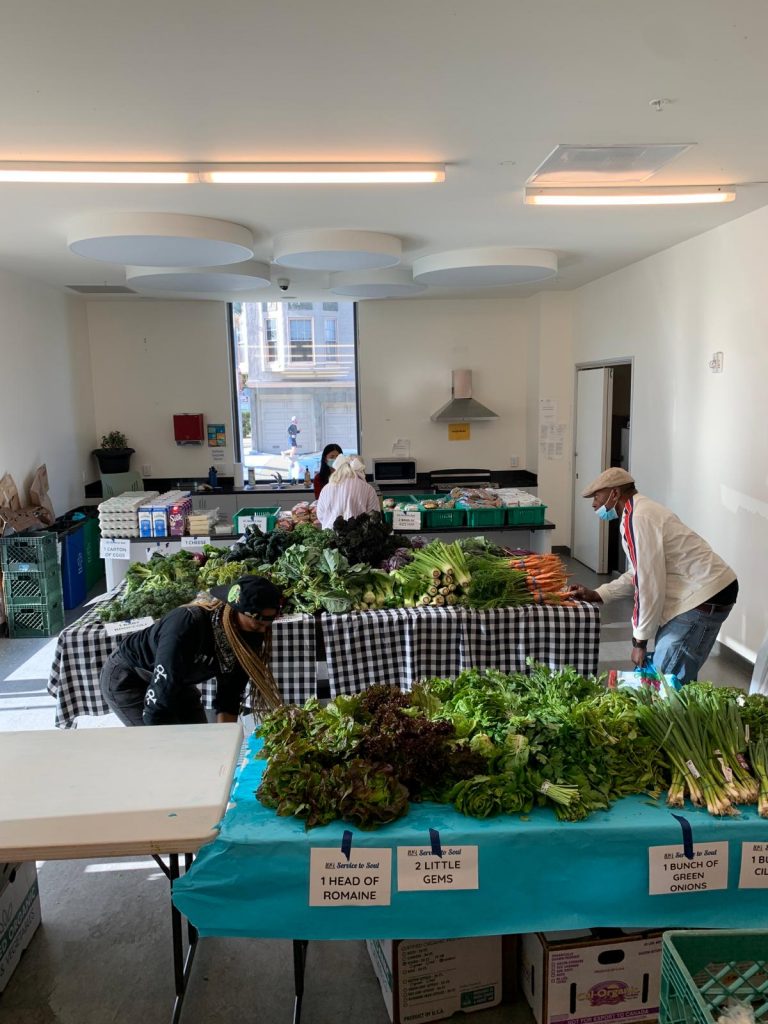
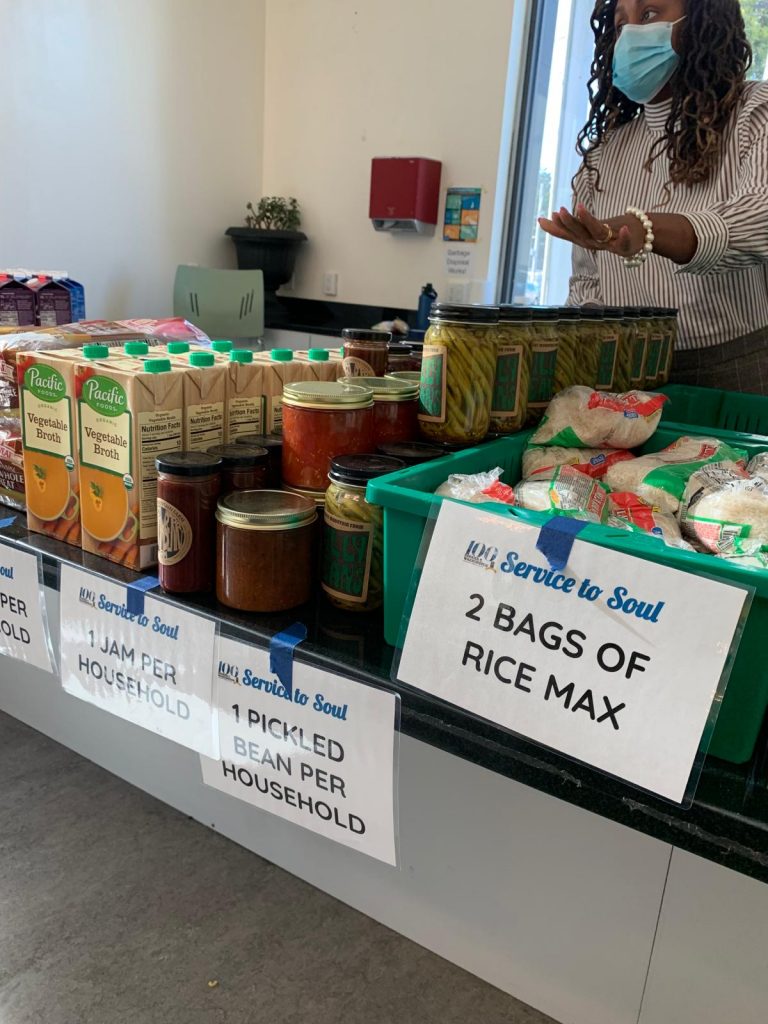
San Francisco – The Service to Soul initiative
Integrating Nutrition Education into Social Welfare Programmes
Rooted in the principles of dignity and inclusivity, Madrid‘s Department for Families, Equality, and Social Welfare launched a comprehensive strategy to mitigate the impact of food poverty on its residents during the COVID-19 pandemic. At the heart of this €51 million initiative was the introduction of the ‘family card’ (Tarjeta Familias), a groundbreaking method for ensuring equitable access to essential food aid. This innovative approach empowered families to purchase food and other necessities from a retailer of their choice. Families received valuable nutrition support from social workers who were specially trained to advise them on purchasing a balanced diet within their budget constraints. While the continuity of this approach beyond the pandemic remains uncertain, the example is included because of the integration of nutrition education into food access programmes. Using a ‘train the trainer’ approach with front-line workers is key to enabling individuals to make healthier, sustainable food choices. Nutrition education focuses not only on what we mean by a ‘healthy, sustainable diet’ but how to shop for and prepare food within limited budget and resource constraints. Front line workers also offer additional and bespoke support such as sign-posting to health, housing and employment related services.
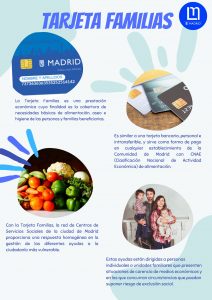
ph: Línea Madrid
Fostering Resilience Through Community Dining
Following the 2008 – 9 recession, the Government of Mexico City developed the pioneering Community Dining Rooms Program (CDRP) to support vulnerable communities in this mega-city to access nutritious meals at affordable prices. There are now 488 dining rooms now spread across the city, serving at least 65,600 meals daily. A comprehensive programme has been developed to support survivors of domestic abuse, socially isolated older people and those with disabilities. Wellbeing and resilience is at the heart of the programme which is supported by community organisations. This has led to a reduction in food insecurity as well as wider support for communities.
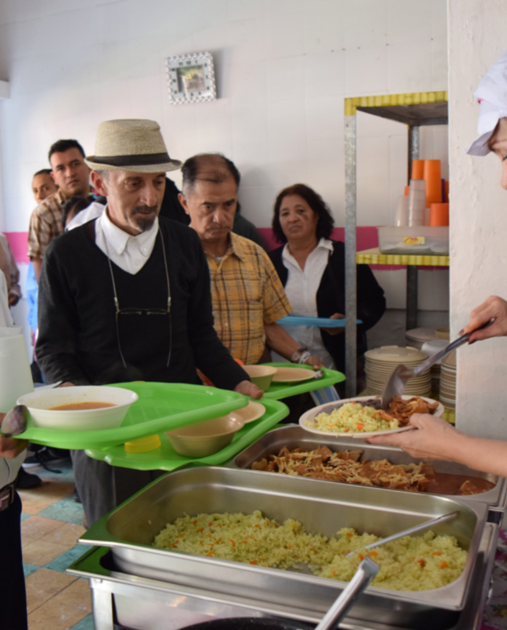
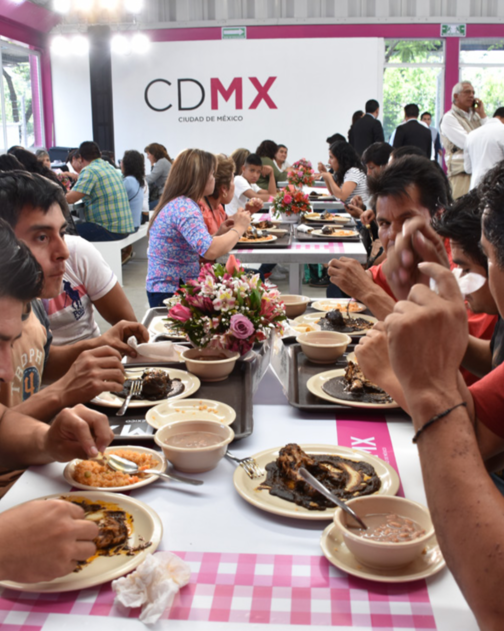
Mexico City – The Community Dining Rooms Program
Empowering Families Through Food Competency Initiatives
Cities involved in Food Trails are incorporating cooking demonstrations and classes into their community initiatives. These activities serve to promote awareness of healthy, sustainable diets. It is essential for nutrition education programmes to be structured and tailored to meet the diverse needs of various groups, rather than imposing generalised ideas of healthy eating. An excellent example is Cooking Matters, a programme in the US dedicated to ‘ending child hunger through healthy food’. This initiative offers resources such as free cooking classes, digital training and online educational materials to help parents and caregivers develop their skills in shopping for and cooking healthy foods on a budget. By supporting families in developing food competency skills, communities can enhance their resilience in the face of economic challenges while fostering healthier and more sustainable food choices.
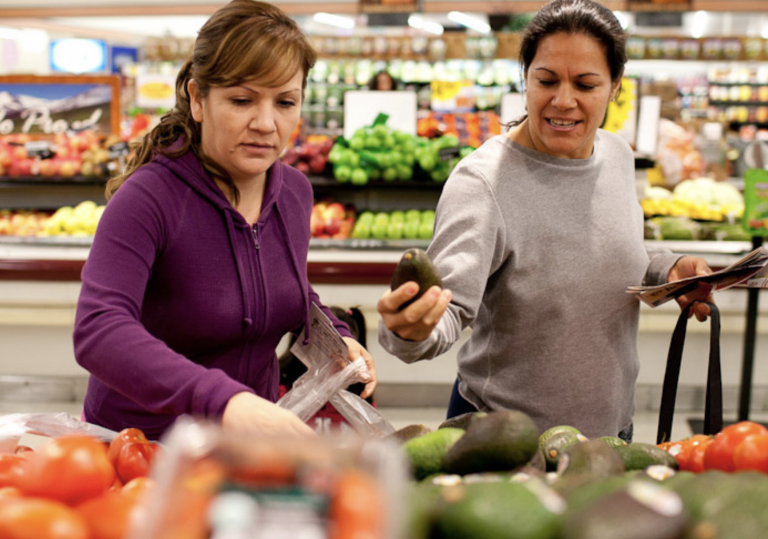
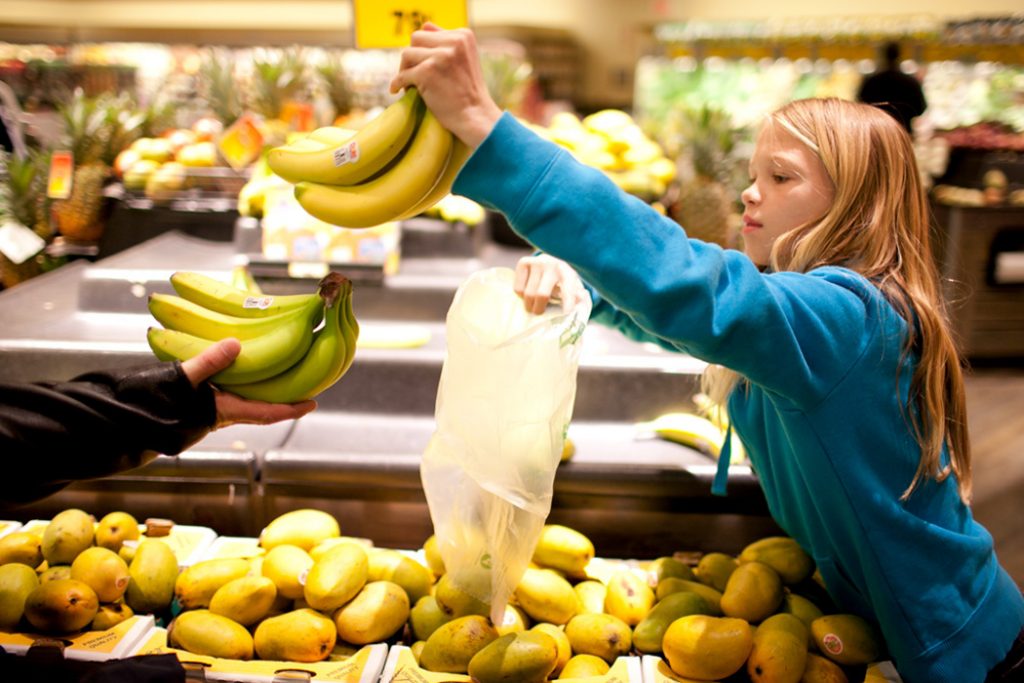
ph: Cooking Matters
Acknowledging the Contribution of Community Initiatives in Addressing Inequality
These initiatives highlight the multifaceted nature of addressing dietary inequality, emphasising that it is not solely about educating individuals on healthy eating or providing access to food, but also about ensuring access to housing and support for other issues. Cities play an essential role in providing a comprehensive package of support, recognising the interconnectedness of food security with broader socio-economic factors. From Paris to San Francisco, and Madrid to Mexico City, innovative approaches are being implemented to empower communities, restore dignity and promote healthier, sustainable food choices. By integrating nutrition education into food access programmes and engaging frontline workers, cities are not only addressing immediate food needs but also tackling underlying drivers of food insecurity such as health, housing and employment. The examples provided also respond to wider social issues such as domestic violence and racism. These efforts highlight the importance of collaborative partnerships and holistic approaches in nourishing communities through economic hardship and fostering community cohesion.
While we applaud the accomplishments of remarkable individuals and grass roots organisations, it is crucial to recognise the immense mental, physical and emotional labour required to sustain their efforts. Their dedication has been vital to reshaping the perspectives of policymakers and society at large. However, governments must not shirk their responsibility by relying on community organisations to address the consequences of their failure to mitigate inequality through inclusive economic growth. Our work with cities shows that those local governments, committed to food systems transformation, can play an essential role supporting and empowering such individuals and organisations, while also fostering an environment conducive to the success of food programmes that enable healthier, sustainable food choices.
Food Trails' Crosscutting Managers
Within the Food Trails Project, four vertical expert, the Crosscutting Managers, worked to support the 11 partner cities in the development of their living labs and pilot actions, ensuring they adopt a systemic approach. Each of them represent a pillars of the EU Food 2030 strategy: Climate, Communities, Circularity and Nutrition. The CCM have been visiting all the 11 Food Trails cities multiple times to support and see the progress in systemic food system transformation.
The author: Shaleen Meelu, Food Trails’s Croscutting Managers on Nutrition Shaleen has been working as a public health nutritionist for the past two decades. For the past decade, she focused on supporting city authorities in Europe and further afield to develop and implement food strategies to support their citizens to make healthier, sustainable food choices.
References
- Meaning, J. and Patel, R., (2022). Can’t We Just Print More Money? The Bank of England’s guide to economics.
- Stuckler, D., Reeves, A., Loopstra, R., Karanikolos, M., & McKee, M. (2017). Austerity and health: the impact in the UK and Europe. European Journal of Public Health, 27(Suppl 4), 18–21. doi: 10.1093/eurpub/ckx167.
- Jenkins, R. H., Aliabadi, S., Vamos, E. P., Taylor-Robinson, D., Wickham, S., Millett, C., & Laverty, A. A. (2021). The relationship between austerity and food insecurity in the UK: A systematic review. EClinicalMedicine, 33, 100781. doi: 10.1016/j.eclinm.2021.100781.
- Eurostat. (2023). Living conditions in Europe – poverty and social exclusion. Eurostat Statistics Explained. Retrieved from https://ec.europa.eu/eurostat/statistics-explained/index.php?title=Living_conditions_in_Europe_-_poverty_and_social_exclusion (Accessed March 2024).
- Eurostat. (2019). Overweight and obesity – BMI statistics. Eurostat Statistics Explained. Retrieved from https://ec.europa.eu/eurostat/statistics-explained/index.php?title=Overweight_and_obesity_-_BMI_statistics (Accessed March 2024).
- World Health Organization. (2022, November 8). Childhood obesity in European Region remains high: new WHO report presents latest country data. Retrieved from https://www.who.int/europe/news/item/08-11-2022-childhood-obesity-in-european-region-remains-high–new-who-report-presents-latest-country-data (Accessed March 2024).
- Eurostat. (2023, July 10). How many people can afford a proper meal in the EU? Retrieved from https://ec.europa.eu/eurostat/web/products-eurostat-news/w/ddn-20230710-1 (Accessed March 2024).
- World Health Organization. (n.d.). Diabetes. Retrieved from https://www.who.int/europe/health-topics/diabetes#tab=tab_2 (Accessed March 2024).
- European Commission. (2024, January). Cost of Non-Communicable Diseases in the EU. Retrieved from https://knowledge4policy.ec.europa.eu/health-promotion-knowledge-gateway/cost-non-communicable-diseases-eu_en (Accessed March 2024).
- IMF. (2023, October 13). European Department press briefing: Economic outlook in Europe [Press release]. Retrieved from https://www.imf.org/en/News/Articles/2023/10/13/tr-101323-european-department-press-briefing-economic-outlook-in-europe (Accessed March 2024).
- Oldroyd, L., Eskandari, F., Pratt, C., & Lake, A. A. (2022). The nutritional quality of food parcels provided by food banks and the effectiveness of food banks at reducing food insecurity in developed countries: a mixed-method systematic review. Journal of Human Nutrition and Dietetics, 35(6), 1202–1229. https://doi.org/10.1111/jhn.12994
